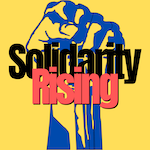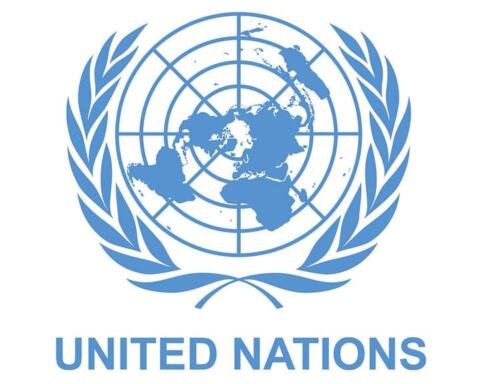The heat of the day soft ened, and we began to stir from our midday slumbers. Thirsty for air, we emerged from the tent to resume the morning’s abandoned labors. It was nearly the end of my month-long sojourn with a family of camel herders in the pasturelands that my hosts called, in the accent of the Hassaniya dialect of Arabic, the badīah. Having traveled a few weeks previously from the refugee camps where my hosts usually resided, now that I was in the pasturelands, I understood those refugees who longed from the refugee camps for the calm of herding. Any sense of tranquility in the pasturelands was interwoven, though, with the thrill of being out of the harsh Algerian ḥamādah desert, where the refugee camps were located, and in Western Sahara itself, the territory on which the refugee community looked as its homeland.
Full book
Sovereignty-in-Exile-A-Saharan-Liberation-Movement-Governs-Wilson-A.-Z-LibrarySupport our work
Support our work
Support our work with a one-off or monthly donation
AuthorAlice WilsonYear2016Pages313LanguageEnglish
Share via
Related resources
The United Nations’ Failure in Resolving the Western Sahara Conflict
Altough a peace plan was accepted by Marocco and the POLISARIO in 1988, and…
The Unresolved Western Sahara Conflict and Its Repercussions
Western Sahara conflicts have yet to be definitively resolved. It now belongs…
Western Sahara: Road to Perdition?
At the time of writing, hopes for a peacful solution to the enduring conflict…



